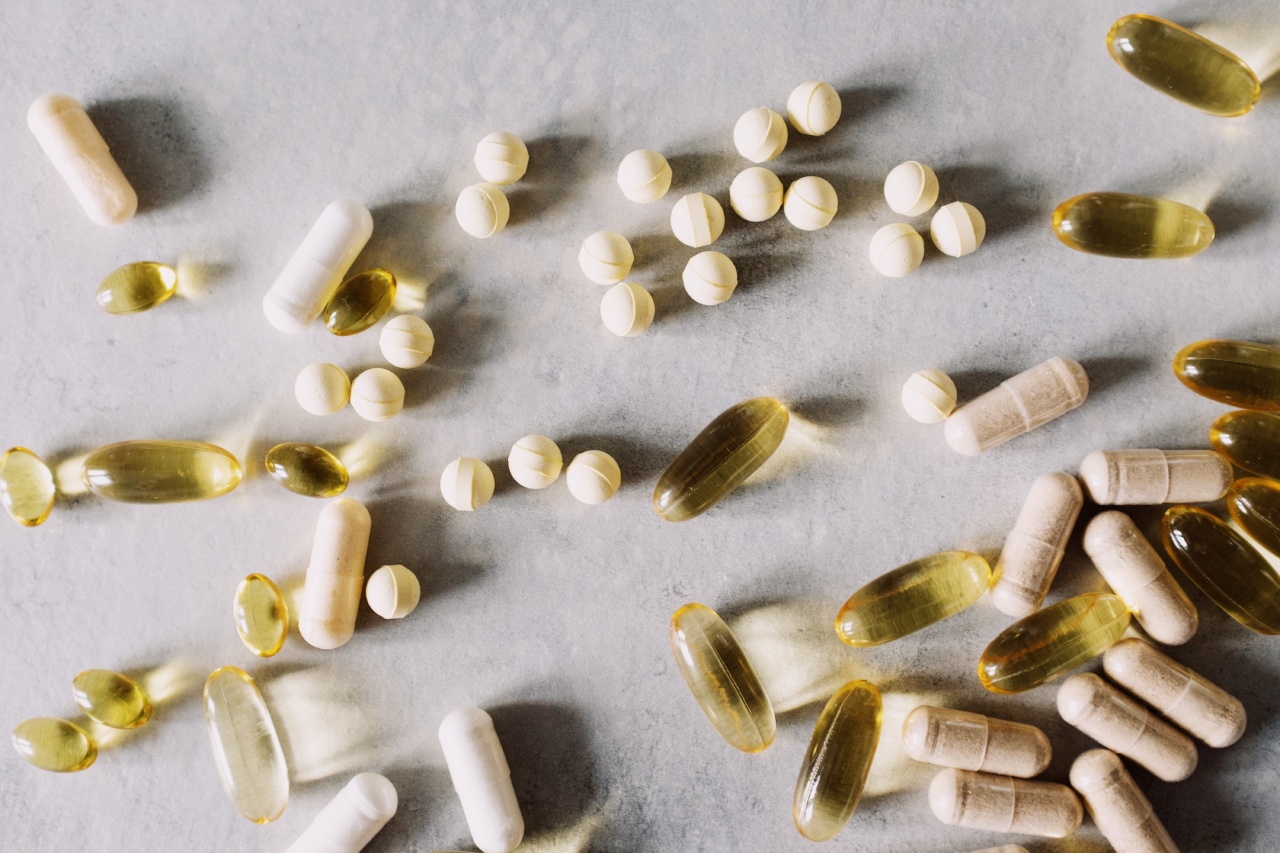Atherosclerosis is a chronic condition characterized by the build-up of fatty plaques on the walls of arteries, leading to a narrowing and hardening of these blood vessels.
Over time, this can compromise blood flow to various organs and tissues in the body, increasing the risk of serious cardiovascular events, such as heart attack and stroke. While several factors contribute to the development of atherosclerosis, dietary choices play a significant role in both its progression and prevention.
The Role of Diet in Atherosclerosis
The foods we consume have a profound impact on our cardiovascular health.
A diet high in saturated fats, trans fats, and cholesterol can accelerate the process of atherosclerosis, while a diet rich in essential nutrients, fiber, and healthy fats can help prevent or slow down its progression. By making strategic dietary choices, you can effectively reduce your risk of developing this debilitating condition and maintain a healthy heart.
1. Incorporate Heart-Healthy Fats
Not all fats are created equal, and incorporating heart-healthy fats into your diet can have a positive impact on your cardiovascular health. Opt for unsaturated fats found in foods like avocados, nuts, seeds, and olive oil.
These fats help reduce the levels of LDL (low-density lipoprotein) cholesterol, often referred to as “bad” cholesterol, which is a major contributor to atherosclerosis.
2. Increase Your Intake of Fiber
Fiber plays a crucial role in maintaining a healthy heart and preventing atherosclerosis.
Soluble fiber, in particular, helps to lower LDL cholesterol levels by binding to cholesterol in the digestive system and preventing its absorption into the bloodstream. Incorporate more fiber-rich foods into your diet, such as whole grains, fruits, vegetables, legumes, and nuts.
3. Choose Lean Proteins
Incorporating lean sources of protein into your diet can significantly contribute to preventing atherosclerosis. Opt for lean meats like skinless chicken, turkey, and fish, which are rich in omega-3 fatty acids.
Alternatively, choose plant-based protein sources like beans, lentils, and tofu, which are low in saturated fats and can help maintain healthy cholesterol levels.
4. Reduce Sodium Intake
Excessive sodium consumption can elevate blood pressure, which is a major risk factor for atherosclerosis. Limit your intake of sodium by reducing the amount of processed and packaged foods you consume, as these tend to be high in sodium.
Instead, emphasize fresh, whole foods seasoned with herbs and spices as a flavorful alternative.
5. Limit Saturated and Trans Fats
Saturated and trans fats are major culprits in the development and progression of atherosclerosis. These unhealthy fats increase LDL cholesterol levels and promote inflammation, both of which contribute to the formation of arterial plaques.
Minimize your consumption of foods high in saturated and trans fats, such as fatty cuts of meat, full-fat dairy products, fried foods, and commercially baked goods.
6. Embrace Antioxidant-Rich Foods
Antioxidants help protect against the oxidative stress that can contribute to atherosclerosis.
Incorporate a variety of antioxidant-rich foods in your diet, such as berries, leafy green vegetables, citrus fruits, and colorful vegetables like peppers and tomatoes.
7. Consume Omega-3 Fatty Acids
Omega-3 fatty acids have numerous cardiovascular benefits, including reducing inflammation and promoting heart health.
Include fatty fish like salmon, tuna, and mackerel in your diet, as well as walnuts, chia seeds, and flaxseeds, which are plant-based sources of omega-3s.
8. Opt for Whole Grains
Whole grains provide numerous nutrients and contain high levels of fiber, which aids in preventing atherosclerosis.
Choose whole grain options, such as brown rice, whole wheat bread, oats, quinoa, and barley, over refined grains to maintain a heart-healthy diet.
9. Enjoy Dark Chocolate in Moderation
Dark chocolate, when consumed in moderation, can have cardiovascular benefits. Look for dark chocolate with a high cocoa content (70% or more) to maximize its antioxidant properties.
However, be mindful of portion sizes and calorie intake, as excessive consumption can negate its potential benefits.
10. Stay Hydrated with Water
Hydration is essential for maintaining cardiovascular health. Opt for water as your primary beverage to help flush out toxins, support healthy blood flow, and prevent the development of atherosclerosis.
Limit the consumption of sugary drinks and alcohol, as they contribute to weight gain and can negatively impact heart health.
A Holistic Approach to Atherosclerosis Prevention
While diet plays a crucial role in preventing atherosclerosis, it is important to adopt a comprehensive approach to cardiovascular health.
Regular exercise, maintaining a healthy weight, managing stress levels, and avoiding tobacco use are additional lifestyle factors that significantly contribute to preventing this disease. By embracing a well-rounded approach, you can optimize your chances of maintaining a healthy heart and preventing the development of atherosclerosis.






























